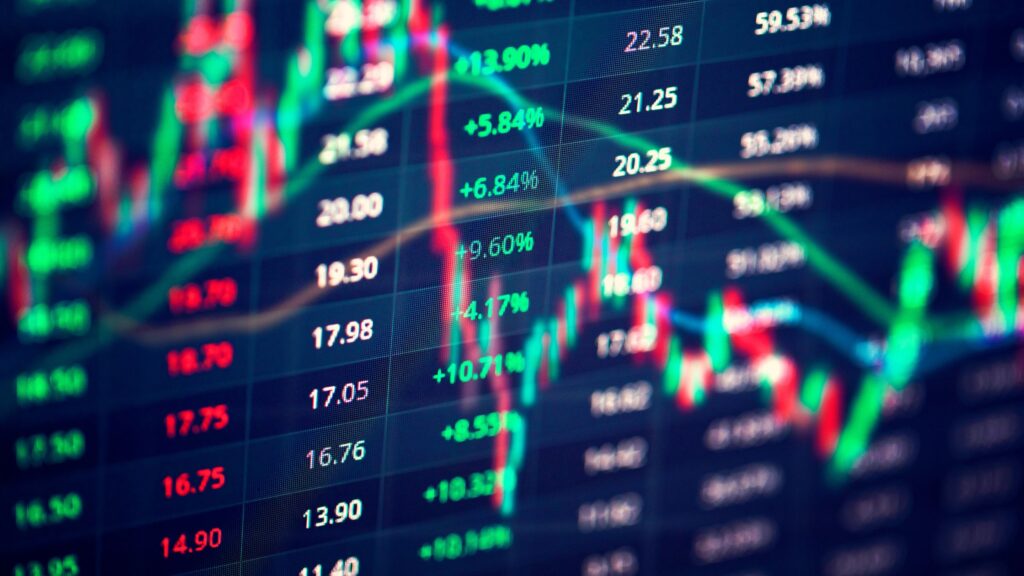
Oil prices took a hit in early Asian trading on Monday, driven by disappointing economic data from China. Brent crude futures fell by $1.12 to $77.92 per barrel, while U.S. West Texas Intermediate (WTI) crude futures dropped $1.07 to $74.49 per barrel. This decline comes in the wake of China’s inflation report, which heightened concerns about a slowdown in demand from the world’s largest oil importer.
According to China’s National Bureau of Statistics, deflationary pressures increased in September, and a weekend news conference left investors uncertain about the size and effectiveness of the expected stimulus package aimed at reviving the country’s economy. These concerns over economic weakness in China continue to weigh on global oil markets.
Berkshire Hathaway’s Billion-Dollar Moves: What’s Behind Buffett’s Big Sales?
In the world of investment, few names carry more weight than Warren Buffett, the “Oracle of Omaha.” His recent decision to sell nearly $10 billion of Bank of America stock, a long-standing holding in Berkshire Hathaway’s (NYSE: BRK.A, BRK.B) portfolio, has raised eyebrows across Wall Street. What could this move signal about the broader market?
Why Did Buffett Sell Bank of America?
Bank of America has been a major part of Berkshire Hathaway’s portfolio since the financial crisis. Buffett initially bought $5 billion in preferred stock and warrants to purchase 700 million shares at just over $7 per share. Fast forward several years, and that investment turned into a substantial $12 billion profit on paper.
Buffett’s decision to start offloading chunks of the $40 billion Bank of America stake in July was unexpected, particularly given the bank’s recent performance. While the stock price dipped initially after the sales began, it has since rebounded, with shares up nearly 9%.
However, as typical with Buffett, the reasoning might not be about Bank of America’s performance itself but rather his long-term market strategy. His concerns about the market’s “casino-like” behavior in recent years suggest that Buffett may be positioning Berkshire to navigate what he sees as potential economic turbulence ahead.

What’s Next for Buffett and Berkshire?
Buffett’s recent moves have included selling portions of another major holding—Apple stock—and repurchasing nearly $3 billion of Berkshire’s own stock this year. This suggests that Buffett still sees Berkshire as undervalued, and buying back shares is one of the ways he rewards shareholders.
Whether Buffett’s strategy indicates concerns about an overvalued market or simply a shift in focus to new opportunities, his recent actions show that Berkshire Hathaway is preparing for something big. With a substantial cash reserve at the ready, Buffett could be setting the stage for another major acquisition or investment.
For now, all eyes are on Berkshire as investors await what Buffett will do next. One thing is clear: When the world’s most famous investor makes a move, the market listens.






